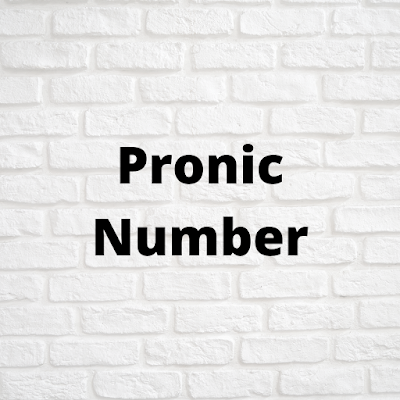In this blogpost, we shall see the rules and guidelines that determine the conversion of Complex Sentences to Compound Sentences. The given examples have been taken from part B of Unit 2 in the English Language textbook prescribed for ISC class 11.
We can change a Complex Sentence to a Compound Sentence by changing a Subordinate Clause into a Coordinate Clause.
Coordinate Clause- one of two or more clauses in a sentence that are of equal importance and usually joined by and, or, or but.
Subordinate clause - a clause, typically introduced by a conjunction, that forms part of and is dependent on a main clause.
Complex: I have now found the pen that I had lost.
Compound:I had lost the pen, but I have found it now.
Complex: As soon as he saw the monkey, he ran away.
Compound:He saw the monkey, and at once he ran away.
Conversion of Simple Sentences to Compound Sentences
Conversion of Compound Sentences to Simple Sentences
Conversion of Simple Sentences to Complex Sentences
Conversion of Complex Sentences to Simple Sentences
Conversion of Compound Sentences to Complex Sentences
Simple, Compound and Complex Sentences.
We can change a Complex Sentence to a Compound Sentence by changing a Subordinate Clause into a Coordinate Clause.
Coordinate Clause- one of two or more clauses in a sentence that are of equal importance and usually joined by and, or, or but.
Subordinate clause - a clause, typically introduced by a conjunction, that forms part of and is dependent on a main clause.
Complex: I have now found the pen that I had lost.
Compound:I had lost the pen, but I have found it now.
Complex: As soon as he saw the monkey, he ran away.
Compound:He saw the monkey, and at once he ran away.
Assignment
Complex: If you do not run, you will not be in time.
Compound: Run, or you will not be in time.
Complex: She went away because she was not welcomed.
Compound:She went away, as she was not welcomed.
Complex:As soon as she heard the new, she fainted.
Compound:She heard the news, and at once fainted.
Complex:They went to play that they might win.
Compound: They went to play the game, that they might win.
Complex:I forgave her because she was ill.
Compound: I forgave her as she was ill.
Complex:If you eat too much, you will be ill.
Compound: Eat to much, and you will be ill.
Conversion of Simple Sentences to Compound Sentences
Conversion of Compound Sentences to Simple Sentences
Conversion of Simple Sentences to Complex Sentences
Conversion of Complex Sentences to Simple Sentences
Conversion of Compound Sentences to Complex Sentences
Simple, Compound and Complex Sentences.





Comments
Post a Comment